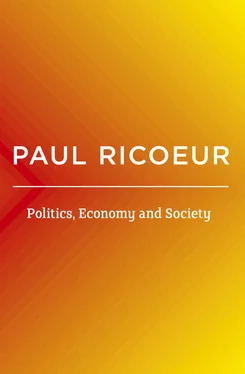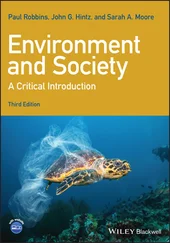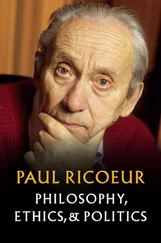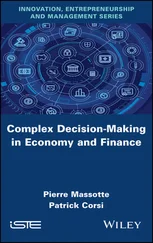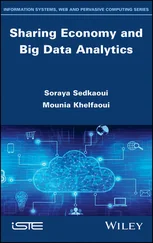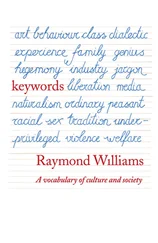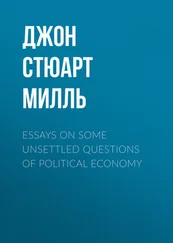3 3 Paul Ricoeur, Lectures on Ideology and Utopia, ed. G. H. Taylor (New York: Columbia University Press, 1986).
4 4 Paul Ricoeur, Le Juste 1 (Paris: Éditions Esprit, 1995) and Le Juste 2 (Paris: Éditions Esprit, 2001).
5 5 Paul Ricoeur, Oneself as Another, tr. K. Blamey (Chicago: Chicago University Press, 1992).
6 6 An earlier collection of Paul Ricoeur’s interviews and dialogues, Philosophy, Ethics, and Politics, tr. K. Blamey, ed. Catherine Goldenstein with a Preface by Michaël Foessel (Cambridge: Polity Press, 2020), concerned ethical and political questions. The present volume offers a selection of articles and lectures collected to shed light on the progress of Ricoeur’s political thought.
7 7 This article is reprinted in Ricoeur, History and Truth, pp. 247–70.
8 8 This text anticipates “Should We Renounce Hegel?,” a chapter in Time and Narrative 3, published eleven years later (pp. 193–206).
9 9 “Ideology and Utopia,” in From Text to Action, pp. 300–16; and Lectures on Ideology and Utopia.
10 10 This task assigns the work of interpretation to citizens. In this way, Ricoeur employs in the domain of the political the “graft of hermeneutics onto phenomenology,” which he had introduced into his philosophical method as early as the 1960s.
11 11 The figure of the “political paradox” does not refer to a stance of indecision, but to a sense of compromise. Ricoeur himself warns against “what can be paralyzing in a position that oscillates between two poles” in Philosophy, Ethics, and Politics, p. 14.
12 12 On this important axis of Ricoeur’s political project, see the article “Freedom” (1971), reprinted in Philosophical Anthropology, tr. D. Pellauer (Cambridge: Polity Press, 2016), pp. 124–48.
13 13 Unavailable to the general public, considering that this text was published in le Bulletin de liaison des professeurs de philosophie de l’académie de Versailles, and had limited circulation. It is, moreover, to be paired with an article on the same topic bearing almost the identical title published in 1996, “Le paradoxe de l’autorité,” in Le Juste 2.
14 14 See also, Ricoeur, Philosophy, Ethics, and Politics, p. 27.
15 15 See Paul Ricoeur, “Ethics and Politics” (1983), reprinted in From Text to Action, pp. 317–28.
16 16 Paul Ricoeur, The Course of Recognition, tr. D. Pellauer (Cambridge, MA: Harvard University Press, 2005).
17 17 A question under debate is whether the encounter with the work of John Rawls marks a social-democratic turn in Ricoeur.
Note on the French Edition
The “Writings and Lectures” in this volume were assembled with scrupulous respect for the original texts, after approval by the Ricoeur Foundation. Modifications made to the body of these texts concern punctuation, typographical errors, and the most obvious inaccuracies that may have appeared in previously published versions. However, the text properly speaking has been retained in its entirety, without changes. Latin or foreign language expressions have been systematically placed in italics. Modifications and complements have been added to quotations and to references, when these were imprecise, incomplete, or absent; I did not, however, find it necessary to underscore all of these. Only the most important have been noted. Missing bibliographical references have been added when the work in question gives rise to a discussion and is not merely cited, with no further commentary. Missing words were added, as were section headings intended to facilitate reading when the original text did not include them. All of these are indicated in square brackets.
I want to thank Marc Boss, director of the Ricoeur Foundation, Daniel Frey, president of the advisory council, Jean-Louis Schlegel, secretary of the editorial board, and Johan Michel for their valuable assistance at every step of this task. I also thank Olivier Villemot for rendering the texts in digital form.
P.-O. M.
I Theological-Political Prologue
1 The Adventures of the State and the Task of Christians
The Twofold Biblical “Reading” of the State
It is of critical importance for a Christian interpretation of the State that the New Testament writers handed down to us not one but two readings of political reality: one, that of Saint Paul, leads to a difficult justification , the other, that of Saint John, to a tenacious distrust. For one, the State is the figure of the “magistrate,” for the other, it is the figure of the “Beast.”
We must begin by allowing these two figures to take shape within us, keeping both of them as possibilities, contemporaneous with one another, in every State we encounter.
Saint Paul, addressing Christians in the capital of the Empire – who were little inclined to recognize the authority of a pagan power, foreign to the Good News and, moreover, compromised in the trial that ended in the slow death of the Lord – calls upon his correspondents to obey not out of fear but as a matter of conscience: the State, wielding the sword, which punishes, is “instituted” by God for the “good” of the citizens. And yet this State has a very strange place in the economy of salvation, very strange and very precarious: the apostle has just celebrated the greatness of love – love, which creates reciprocal ties (“Love one another in brotherly love”) – love which forgives and repays good for evil . Now, the magistrate does not do that : the relation between the magistrate and the citizens is not reciprocal. He does not forgive, he repays evil for evil.
His province is not love but justice; the “good” he serves is, therefore, not the “salvation” of humankind, but the maintenance of “institutions.” One could say that through him a violent pedagogy is continued, a coercive education of human beings as members of historical communities, organized and governed by the State.
Saint Paul does not say (and perhaps does not know) how this pedagogy, penal in nature, is related to Christ’s charity: he only knows that this instituted order ( taxis in Greek) realizes God’s intention concerning human history.
And at the same time he attests to the divine meaning of the institution of the State, Saint Paul reserves the possibility of an opposing reading. For, at the same time as this State is an “institution,” it is also “power.” Following the somewhat mythical conceptions of the era, Saint Paul pictures a more or less personalized demon hiding behind each political entity; now, these powers have already been vanquished on the Cross – at the same time as the Law, Sin, Death, and other powers – but are not yet annihilated. This ambiguous status (“already” but “not yet”), on which Oscar Cullmann 1has decisively commented, does much to illuminate the theological significance of the State: intended by God as an institution, half-way between condemnation and destruction as power, altogether out of kilter with the economy of salvation, and in reprieve until the end of the world.
It is therefore not surprising that in another historical context, where the evil of persecution overwhelms the good of order and the law, it is the figure of the “Beast” which serves to denote the evil power. Chapter XIII of the Apocalypse depicts, moreover, a Beast, wounded, doubtless mortally, but whose wound is healed for a time; the power of the Beast is not so much the power of irresistible force as of seduction. The Beast produces marvels and demands the adoration of the people; it subjugates through lies and illusions (a description, as we see, close to that of the “tyrant” in Plato, who reigns only thanks to the “sophist,” who first twists language and corrupts belief).
Читать дальше
